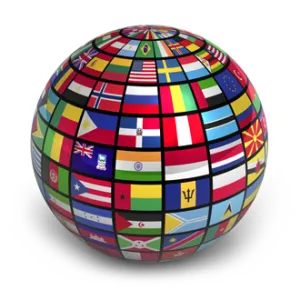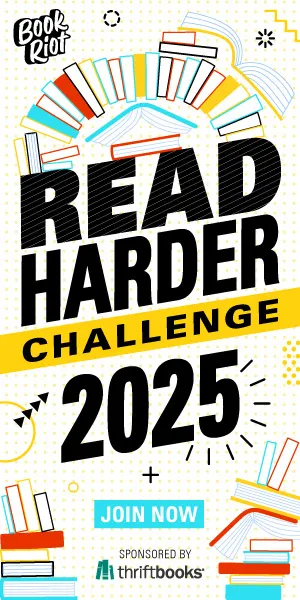
In Translation: May Fiction
So I hear that there aren’t only two countries on this planet (1.America, 2. everybody else), but nearly 200! Two hundred countries! With all sorts and kinds of languages. Even multiple languages in many of them! And lots of those people write books. Holy bookstacks!
But can you guess how many books from all of those countries are translated into English and made available to the English-speaking, book-buying American public? Yeah, that would be 3%. Where did I get that number? Well, from a web resource devoted to translated lit appropriately named “Three Percent,” which claims in its description that “reading literature from other countries is vital to maintaining a vibrant book culture and to increasing the exchange of ideas among cultures.”
Yes, I can accept that. After all, many of our most beloved books are translations. Crime and Punishment, Don Quixote, Madame Bovary: I read these as a teenager, and while I love languages and have studied several over the years, I read those novels in English translation. And this reminds me of a post fellow Rioter Josh Corman wrote about reading translated texts. You read them knowing that translators had to change some things, make hard choices, all in the name of making books accessible to distant readers, but short of stuffing tons of Rosetta Stone software into your brain, you have but two choices: read the book in translation, or don’t read it at all. (My favorite novel of all time is The Magic Mountain by Thomas Mann, so clearly I favor the former).
Why this little ranty-rant? Well, to set the stage for this and later posts highlighting some of the newest fiction available in English translation. Hopefully this will inspire us all to hop on our respective literary airplanes to France, India, Japan, Brazil, Egypt, or wherever. Just as long as we continue to broaden our reading horizons.
Without further ado, then, I give you three newly-translated works of fiction available in May:

You’re a Milan Kundera fan, yes? Well, Kundera called Hrabal “Czhechoslovakia’s greatest contemporary writer.” And though Hrabal died in 1997, his novels live on, cherished especially in the Czech Republic. Harlequin’s Millions, first published in 1981, is a story about aging and and memory, and finding the humor in everyday life. Hrabal places us in the mind of a woman who lives in a home for the elderly, where the inhabitants constantly discuss their pasts and their thoughts on the changes that have swept their nation since the fall of the Soviet Union. If you have heard of Hrabal before, it might be in connection with the Academy-Award-winning film adapted from his novel Closely Watched Trains. I. Am. Intrigued.

First published in Argentina in 2012, Papers in the Wind is Sacheri’s version of what happens when a man who invests in a failed soccer (or should I say football) player dies and his brother and two best friends must scrape up enough money to care for his young daughter. From outlandish to downright brilliant, the ideas cooked up by the three men reveal the strength of friendship and loyalty. And no, it’s not a crazy coincidence- the publication of Papers in the Wind is timed to coincide with the World Cup finals in Brazil.

The summary had me at “literary Run Lola Run.” A window onto Beijing’s seamy, crime-ridden underbelly, Running Through Beijing follows Dunhuahg just as he’s released from jail for selling fake IDs, and it isn’t long before he falls into another unsavory venture. And on top of everything, he becomes interested in a woman whose boyfriend shows up just when it’s inconvenient for his romantic prospects. The world revealed in this novel is marked by “constant thievery, hardcore porn, cops (both real and impostors), prison bribery, rampant drinking, and..smothering, bone-dry dust storms” (sounds positively juicy). It’s a vibrant story by one of China’s rising young writers. I’d check it out if I were you.











